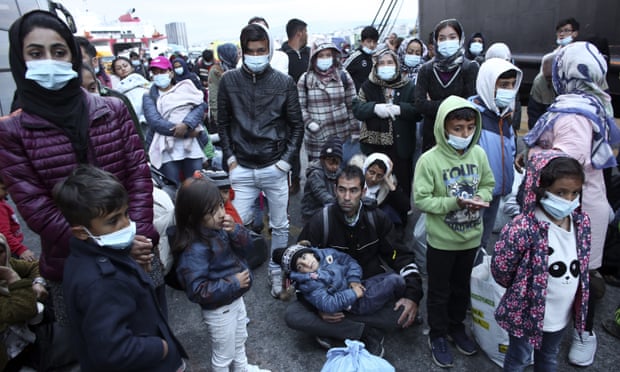Coronavirus, also known as COVID-19, has pushed the world into a global pandemic. As nations around the world scramble to control the spread of the disease, the Middle East region has been particularly hampered by poor health infrastructure and lack of government funding for immediate social services. Coupled with slowing regional economic activity due to a decline in oil prices and lack of tourism, the economic impacts of the pandemic has the potential to further exacerbate political instability. Sectarian tensions have also been highlighted in regions like the Gulf where GGC states and Iran have been struggling over quarantine measures and the closure of important religious shrines as a result of COVID-19. Another important challenge the region faces is the ongoing migrant crisis. As countries across the world close their borders, refugees are being categorically denied resettlement opportunities. Furthermore, decreased funding for humanitarian aid and medical equipment to test for COVID-19 has the potential to exacerbate the spread of the disease throughout vulnerable refugee camps.
With Coronavirus looming in the background, the Middle East has also witnessed a surge of protest movements. In 2019, the nations of Algeria, Sudan, Lebanon, and Iraq experienced a surge of mass mobilizations against corruption and stagnating economic developments. Learning from the Arab Spring movements of 2011, these protestors have adopted creative strategies to lobby the ruling regime for change. Even with social distancing measures, organizers have taken to the internet and social media to broadcast their movement. However, as Steven Heydemann pointed out in his argument on “Authoritarian Upgrading”, these regimes have also learned from history and have shifted their strategies, sometimes to meet protesters with violence from the onset. Regional governments and international observers are now grappling with how to best address the catalysts of inequality to promote long-term regional stability. In particular, issues such as poverty rates, lack of political accountability, and the water crisis are of utmost importance. For non-regional countries that have historically played an important role in the Middle East (i.e the United States, Russia, and European Nations), the question of how the pandemic will change their calculations of future investment and engagement in the region will be all the more pertinent.
Resource Links:
- https://www.thelancet.com/journals/langlo/article/PIIS2214-109X(20)30233-3/fulltext
- https://reliefweb.int/report/world/impact-covid-19-middle-east-north-africa-central-asia-and-eastern-europe-update-5
- https://www.ncbi.nlm.nih.gov/pmc/articles/PMC7255278/
Included in this guide are brief policy articles that discuss the various dimensions of COVID-19’s impact on the Middle East region.


